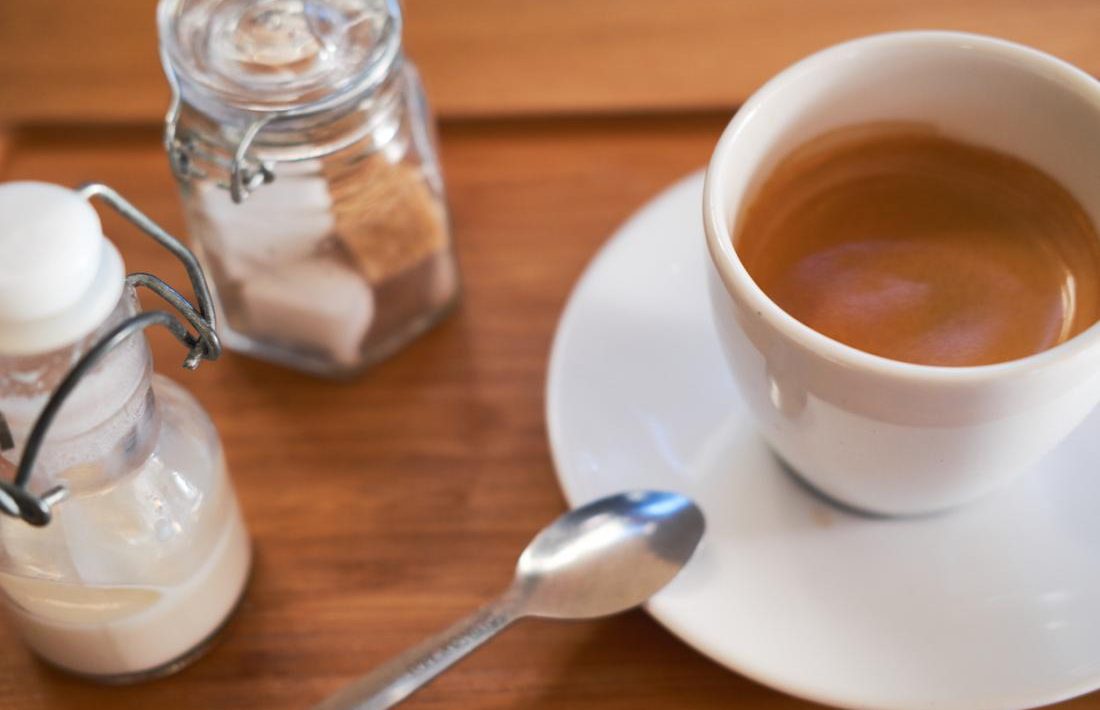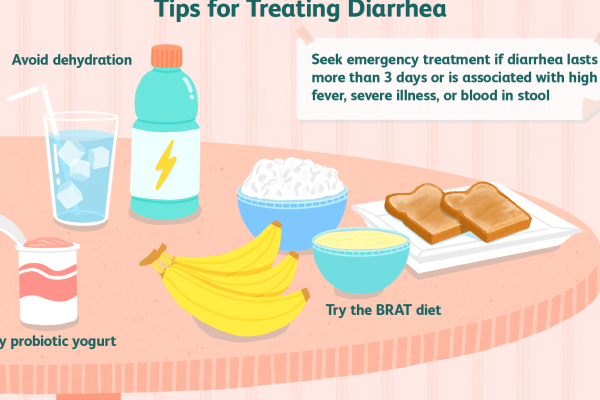Are you lately suffering from watery stools and associated fatigue? If you are, then you probably have diarrhea. This bowel disorder is not so uncommon, and so you may experience this illness any day in your life. Diarrhea is an advanced form of loose motion, where your body becomes completely dehydrated due to water loss through stools.
Acute diarrhea is when you have the disorder for a short term, lasting maximum for a week. Chronic diarrhea is quite dangerous, as you may experience it for almost a month. Thus if you have acute diarrhea, there is nothing much to worry about. However, chronic diarrhea needs serious treatment at the right time for a speedy recovery.
Know about the background factors responsible for chronic diarrhea, so that you can treat it effectively.
Causes
Several reasons contribute to chronic diarrhea that you should take care of, to avoid it from happening.
-
Excessive caffeine and alcohol consumption
If you consume greater amounts of caffeine or alcohol, you are more likely to get chronic diarrhea. Beverages like coffee and soft drinks that have a high level of caffeine, can result in loose motion or watery stools. If you can control the consumption of such beverages and alcohol, you may resolve the symptoms more quickly.
-
Diary and sugar
Foods that contain artificial sweeteners and have high sugar content may cause chronic diarrhea. If you are consuming such foods daily, you need to stop it immediately. Some examples of artificial sweeteners and sugars are mentioned below for your reference:
- Sorbitol- it is a substitute for sugars that do not contain any calorie. You will mainly find it in various chewing gums, candies, as well as sugar-free food products.
- Fructose- this sugar is naturally present in honey and fruits. If you consume fruits with high fructose levels, you become prone to chronic diarrhea. Sometimes you may also find it in certain sodas and candies.
- Mannitol- this artificial sweetener has almost the same properties as sorbitol but with a high laxative effect.
- Lactose- this sugar is naturally present in dairy products. If you are lactose intolerant, you are more susceptible to chronic diarrhea. Lactose intolerance is the phenomenon where your body cannot completely break down or digest lactose.
-
Herbal products and herbs
Herbal remedial products and supplements contain a lot of natural laxatives. If you are taking supplements like herbal tea every day, you need to necessarily stop doing that. Higher laxative content in your body makes you more liable towards diarrhea, and other bowel disorders.
-
Medicines
You may get chronic diarrhea due to the negative action of several medications, which are prescription supported or over-the-counter drugs. Some of the medications that can result in chronic diarrhea are listed below:
- Antibiotics such as ampicillin, cefpodoxime (cephalosporin containing), and amoxicillin.
- Antidepressants like selective serotonin reuptake inhibitors and serotonin-norepinephrine reuptake inhibitors.
- Drugs used during chemotherapy for treating cancer.
- Stool softeners and laxatives.
- Antacid tablets that contain magnesium hydroxide.
- Inhibitors of proton pump such as lansoprazole and omeprazole.
-
Infection of the bowel
If you are suffering from any parasitic infection in your intestine, you may get chronic diarrhea. To diagnose this infection, you need to go for a biopsy.
Other factors leading to chronic diarrhea:
- IBS (irritable bowel syndrome) – it is a functional disorder, which can result in either or both constipation and diarrhea.
- Hormonal imbalance- diabetes and over secretion of the thyroid may cause chronic diarrhea.
- Surgery- if you have undergone any intestinal or abdominal surgeries in the past, your possibility of getting chronic diarrhea becomes high.
- Gall bladder amputation- after the procedure, bile production in your colon is likely to increase that can lead to chronic diarrhea.
- Allergies- if you are allergic foods, you may experience watery stools.
- Rare tumors- malignant tumors may secrete certain hormones in elevated levels that can trigger diarrhea.
Can IBD contribute to chronic diarrhea?
IBD is inflammatory bowel disease, which acts as an umbrella for all the bowel disorders including inflammation of your gut. Apart from diarrhea, you may also experience ulcerative colitis and Crohn’s disease because of IBD. Common symptoms of IBD and chronic diarrhea include:
- Abnormal pains and cramps in stomach
- Presence of blood in stools
- Fatigue
- Nausea
- Fever
Signs and associated complications
Chronic diarrhea can make you suffer for a month or more. Possible symptoms include:
- Watery stools or loose motion
- Always an urgency for passing stools at frequent intervals
- Bloating
- Nausea and fever
- Higher regularity of bowel movements
- Excessive cramps and pain in the stomach
One of the most major complications of chronic diarrhea is dehydration. Your body becomes completely dry that can ultimately prove to be life-threatening. Signs of acute dehydration include-
- Extreme thirst
- Weariness
- Shakiness and faintness
- Fever
- Dark colored urine
Diagnosis and Treatment
The process of diagnosis and treatment for this condition goes through:
- Blood tests
- Collection and stool sample and associated tests for the presence of parasites, inflammation, or IBS causing bacteria
- Ultrasound test
Your doctor will hear your symptoms and will mostly ask you to go through these tests for confirming chronicdiarrhea.
After diagnosis, certain anti-diarrhoeal drugs will be given to you arresting the disease. For your help, you may take:
- Antibiotics against infectious organisms in your gut
- Medications that contain codeine to block watery stools
- Drugs that you can get over-the-counter for delaying loose motion such as loperamide (Imodium) and bismuth (Pepto-Bismol).
You need to keep your body hydrated all the time, to combat extreme water loss through stools. Drink plenty of normal water as well as ORS (oral rehydration solution) to supply your body with ample electrolytes, sugars, and salts. Strictly say no to alcohol and fluids containing caffeine. Change your diet accordingly to favor the uptake of nutrients by your gut to fight parasites and infections.
Go for natural remedies such as probiotics to restore the balance of good bacteria in your gut. Probiotics are live bacteria available in the form of capsules or food supplements that helps to maintain healthy gut flora. Discuss any side effects that you encounter with health professionals.


